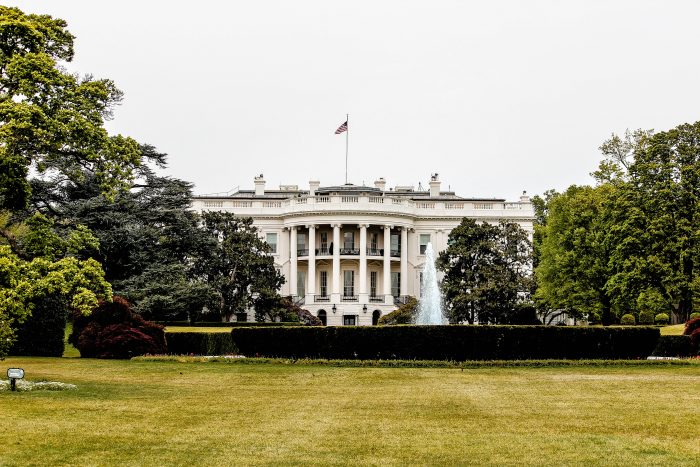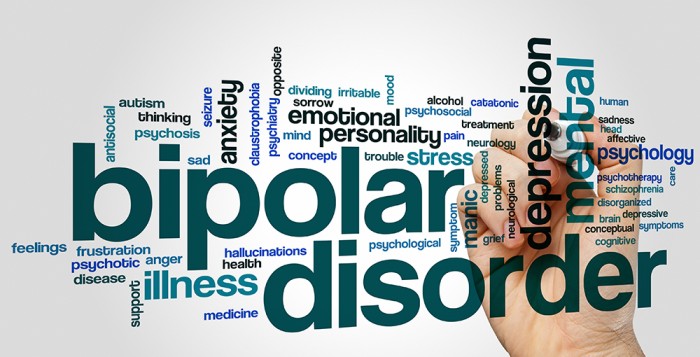RCPA ICWC/CCBHC Meeting Rescheduled to May 24
The RCPA ICWC/CCBHC meeting that was originally scheduled for April 11 has been rescheduled to May 24. This is so RCPA Policy Directors and members can view the House Budget Hearings for DHS, which are scheduled April 11. The meeting time will remain the same, 10:00 am – 12:00 pm, as will the format. Please register for the meeting here, and note that if you registered for the April 11 meeting, you will need to re-register for this event.
We apologize for any inconvenience; however, the activities at the hearings are critical to our ongoing advocacy efforts. Please contact Jim Sharp if you have any questions or concerns.
CMS Creates Post-Acute Care QRP Videos & Patient Cue Cards
The Centers for Medicare and Medicaid Services (CMS) has created short videos and developed patient cue cards to assist providers with learning how to code patient assessment instruments for the following Post-Acute Care (PAC) Quality Reporting Programs (QRP):
- Long-Term Care Hospital (LTCH), Inpatient Rehabilitation Facility (IRF), Home Health (HH), and Skilled Nursing Facility (SNF): GG0170C. Lying to Sitting on Side of Bed
- LTCH & IRF: Transfer of Health Items
- LTCH: GG0170L. Walking 10 Feet on Uneven Surfaces and GG0170P. Picking Up Object
Help LTCH, IRF, and HH patients select responses by showing them the new cue cards for:
See LTCH, IRF, HH, and SNF Quality Reporting Program Training for more information.
Statewide Housing Conference on May 9–10 to Feature Keynote Speaker Allie Cannington

President Biden Proclaims March 31 as Transgender Day of Visibility

OMHSAS Consent Requirements Extended; ACT 98 Now Permanent
March 30 is World Bipolar Day
CMS Releases Updated IRF Provider Preview Reports
The Centers for Medicare and Medicaid Services (CMS) has released the updated inpatient rehabilitation facility (IRF) provider preview reports. These reports contain provider performance scores for quality measures and contain IRF-Patient Assessment Instrument (PAI) data submitted by IRFs from Quarter 4 2021 through Quarter 3 2022, as well as Centers for Disease Control and Prevention (CDC) Clostridium Difficile (CDI) and Catheter-Associated Urinary Tract Infections (CAUTI) measures from Quarter 4 2021 through Quarter 1 2022 and Quarter 4 2021 through Quarter 1 2022 of the Healthcare Personnel (HCP) Influenza measure. The HCP COVID-19 Vaccination Coverage measure data for Quarter 3 2022 is also included.
Providers have until April 14, 2023, to review their performance data. Providers can request CMS review their data during the preview period if they believe the scores are inaccurate. The final reports will be published on Care Compare and Provider Data Catalog (PDC) during the June 2023 refresh of the website. For additional information, visit the CMS IRF QRP Public Reporting website.
ISP Virtual Training for AE ISP Reviewers Announced
ODP Announcement 23-032 announces three half-day virtual training sessions regarding implementation of the Residential Individual Support Plans (ISP) Staffing approach for Administrative Entity (AE) staff. The pre-requisite requirements and training dates are available on MyODP.
The sessions are geared toward AE staff and supervisory staff who routinely review and approve ISPs. The training focuses on AE expectations and ensuring consistent, statewide implementation of the Residential ISP Staffing approach.
Please review the communication for complete information.
















